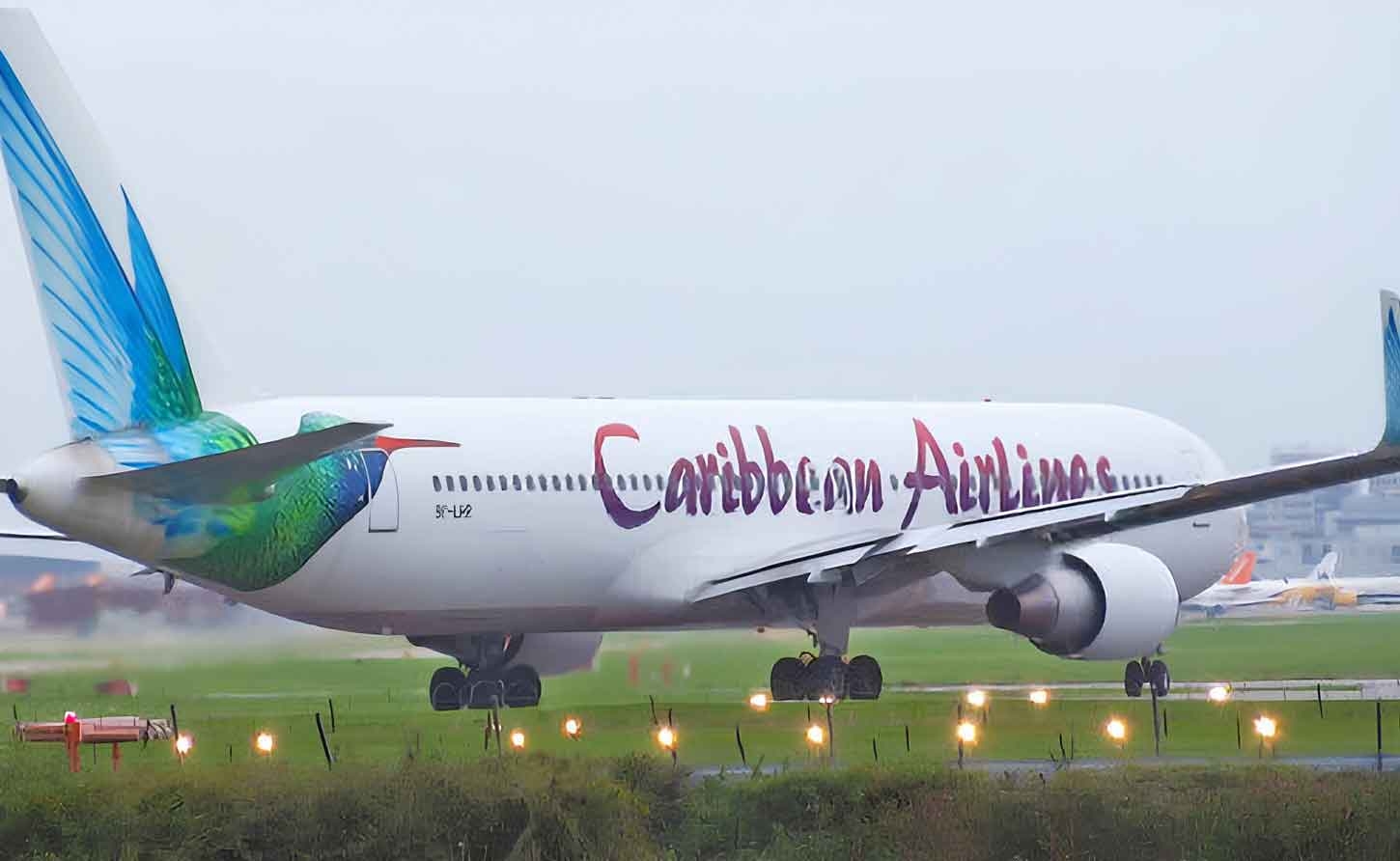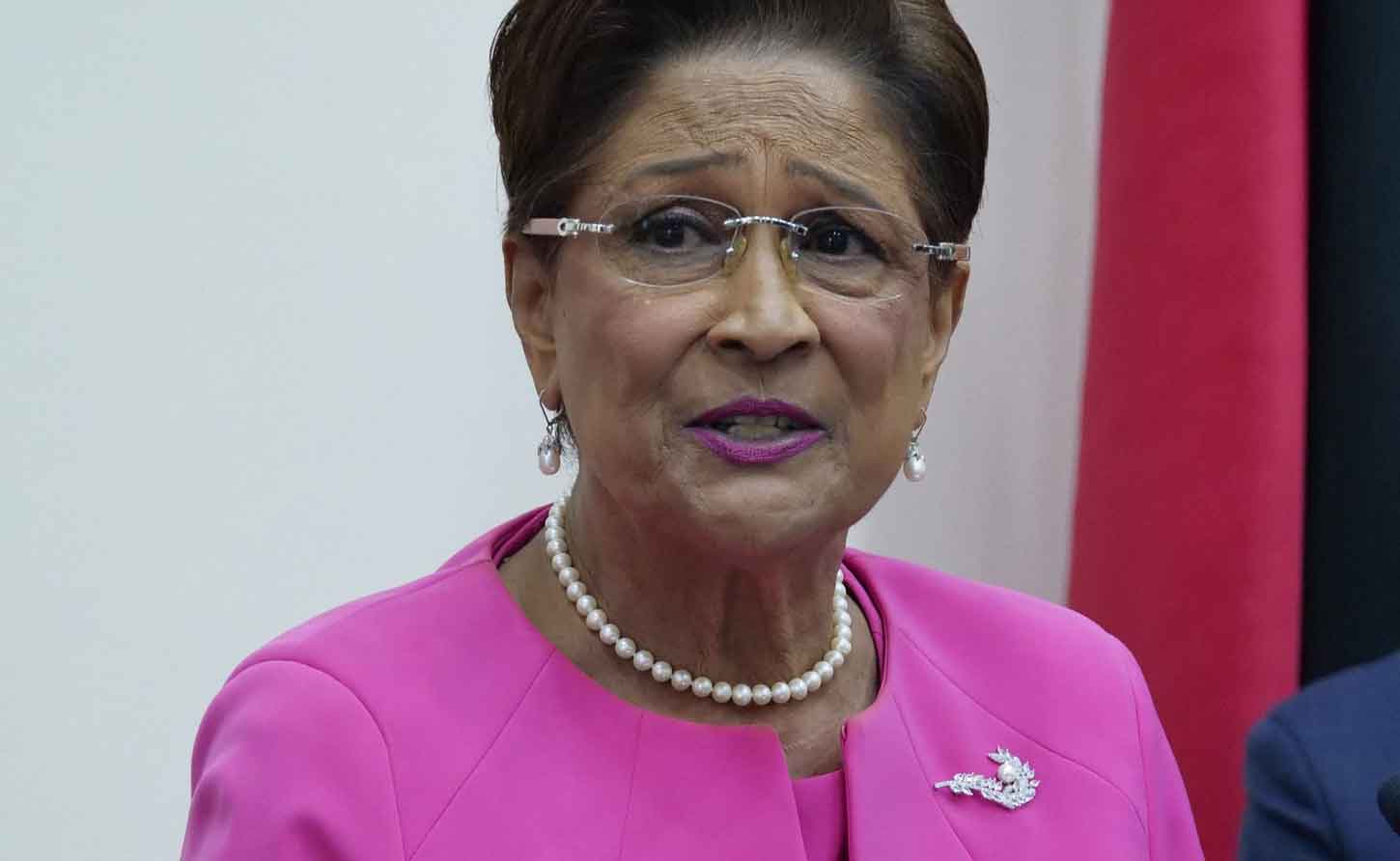JAMAICA | Caribbean Airlines: How Jamaica Lost Its Sky

The billion-dollar blunder that handed Jamaica's aviation crown to foreign carriers
MONTEGO BAY, Jamaica, August 14, 2025 - The scene at Monday night's United National Congress meeting at Couva in Trinidad, crackled with political electricity as Prime Minister Kamla Persad-Bissessar delivered her ultimatum to Caribbean Airlines management: "sort out the mess in two years or find new jobs."
But beneath the theatrical dressing-down lay a far more damaging truth—Jamaica has been watching helplessly for over a decade as an airline they part-own systematically destroys their aviation sovereignty, one abandoned route at a time.
The Great Giveaway
Picture this: Southwest Airlines operates 32 weekly flights between Montego Bay and Fort Lauderdale; Spirit Airlines runs 45; JetBlue maintains a robust schedule. Combined, these foreign carriers are operating over 100 weekly flights on a route that Caribbean Airlines—Jamaica's own partially-owned national carrier—declared unprofitable and abandoned in January 2019.
The numbers tell a story of staggering incompetence. CAL pulled out after months of flying near-empty planes. Yet within months of their retreat, American carriers swooped in and turned the same route into a profitable workhorse, moving thousands of Jamaican travelers weekly while CAL's management counted their consulting fees.
For Jamaica, this isn't just a business failure—it's a national humiliation. They watch foreign airlines profit from their own tourism lifeline while their 11.9% stake in CAL continues its death spiral toward irrelevance.
Caribbean Airlines Prioritizes Business Travel Over Tourism Market
Caribbean Airlines appeared to be taking a calculated gamble on corporate travel, seemingly betting that a business-focused strategy would have been sufficient to maintain passenger loads and strengthen its financial performance. This approach suggests the carrier is prioritizing the typically higher-yield business segment over the broader but more price-sensitive leisure tourism market.
The airline's strategic direction raises questions about whether focusing primarily on business travelers can sustain long-term growth, particularly given the Caribbean's reputation as a premier tourist destination. While business passengers generally generate higher revenue per seat, the tourism market offers greater volume potential and could provide important diversification for the carrier's revenue streams.
This business-centric approach may reflect Caribbean Airlines' assessment of market conditions and passenger demand patterns in its operating region, though it remains to be seen whether this strategy will prove sustainable in the competitive Caribbean aviation market.
The Vanishing Ownership Mystery
When Caribbean Airlines finalized its acquisition of Air Jamaica on May 1, 2010, the deal was heralded as Caribbean aviation integration at its finest. Jamaica retained a 16% stake in the merged entity, preserving what officials called "national interests in the airline's operations." But somewhere in the labyrinth of CAL's unaudited books, Jamaica's ownership mysteriously shrank to 11.9%.
Where did that 4.1% go? With nine years of missing audited financial statements, Jamaica may never know whether their stake was diluted through capital injections they couldn't afford, or simply evaporated through accounting sleight-of-hand. It's the kind of financial opacity that would trigger investigations in any serious market, but in the Caribbean's aviation sector, it's apparently just Tuesday.
The $60 Million Question Mark

The absurdity reaches almost comedic heights: an airline with its own financial department pays tens of millions to external consultants, yet still can't produce the basic documentation required by law. Jamaica finds itself owning a piece of an airline that operates like a financial black hole, where even the controlling shareholder admits they don't know the real numbers.
Former Finance Minister Colm Imbert's contradictory profit claims—from an alleged 24 million operating profit in 2023 to just 12.1 million in 2024—might as well be fiction for all the credibility they carry. When Imbert admitted his 2023 figures came directly from CAL rather than ministry analysis, he essentially confessed that even Trinidad was flying blind.
Routes to Ruin, Competitors' Gold
The strategic incompetence extends far beyond the Montego Bay debacle. Persad-Bissessar's declaration that "not one single Caribbean Airlines route is bringing a profit" while "planes are filling up every day" defies basic business logic. How do you lose money on full flights? Ask CAL's management—they've apparently perfected the art.
Meanwhile, the route expansion strategy reads like a master class in destroying shareholder value. Adding Puerto Rico, Martinique, Guadeloupe, and Tortola sounds impressive until you realize these additions are hemorrhaging money faster than CAL can count it. Jamaica's minority stake means they're along for this ride whether they like it or not.
The Governance Graveyard
The State Enterprises Performance Monitoring Manual requires annual financial statements within four months of year-end. CAL has ignored this for nine years with apparent impunity. For Jamaica, this isn't regulatory non-compliance—it's theft of their fundamental right to understand what they own.
The recent exodus of leadership, including Corporate Communications Executive Manager Dionne Ligoure's resignation, suggests even insiders recognize the unsustainability of the current trajectory. Jamaica can only watch from the sidelines as institutional knowledge walks out the door, taking with it any hope of operational competence.
The Bitter Endgame
Persad-Bissessar's two-year ultimatum sounds tough, but it ignores the fundamental question: Why should Jamaica trust Trinidad's management of their joint investment after a decade of spectacular failure? The Prime Minister's public theatrics can't obscure the deeper truth—Caribbean Airlines has become a case study in how to destroy regional integration while enriching foreign competitors.
For Jamaica, the math is brutal. They traded Air Jamaica—with all its problems—for a minority stake in an airline that has since handed their most lucrative routes to American carriers while burning through hundreds of millions in taxpayer funds without producing basic financial records.
The real tragedy isn't that Caribbean Airlines is failing—it's that Jamaica is being forced to fail along with it, watching foreign airlines feast on markets they helped create while their own aviation investment circles the drain. In the cruel calculus of Caribbean aviation, Jamaica didn't just lose an airline in 2010—they lost their sky.
-30-
